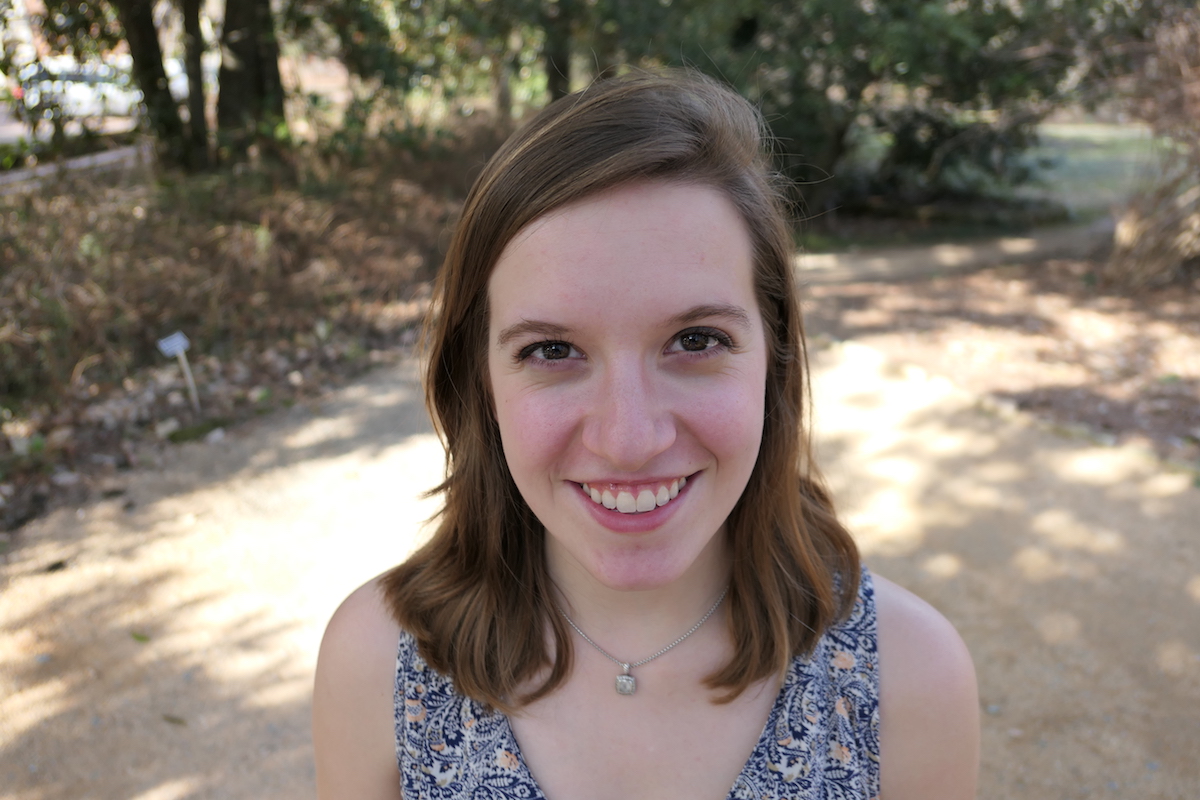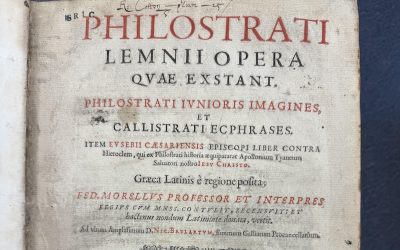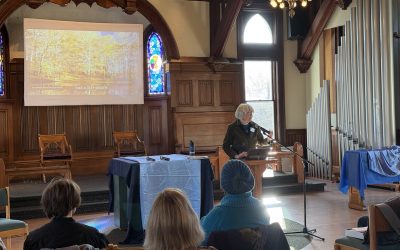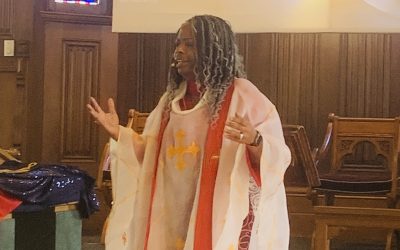Emily Kubin C’17 finds personal experiences outweigh facts
February 2021 – What matters more to us, our experiences or the facts? Drew University alum Emily Kubin C’17 is busy tackling the timely topic of polarization.
Kubin, a psychology major at Drew, recently co-published a paper in the Proceedings of the National Academy of Sciences titled, “Personal experiences bridge moral and political divides better than facts.” The title is indicative of the team’s findings.
“We found that people believe highlighting the factual reasons for why they hold their political stances will make political opponents respect them,” Kubin explained.
“However, we found highlighting how one’s own personal experiences shaped their political views better bridges the divides between political adversaries.”
Her pursuit of a better, universal understanding of the topic of polarization, which first piqued her interest during the divisive 2016 presidential election, led her to pursue her PhD at the University of Koblenz-Landau in Germany.
Through analysis of television interactions, YouTube comment sections, surveys, and results of a field study on face-to-face discussions with political opponents, the team found that in a time of “alternative facts” and “fake news,” people are increasingly doubting facts, especially when they don’t align with their worldview, and treating subjective experiences as truer than objective facts.
"Everyday people see more truth in subjective personal experiences—a finding that can help begin to heal an extremely divided society."
“Facts are now frequently doubted and countered with other data and statistics, whereas personal experiences are much more difficult to dismiss.
Enlarge

“Scientists and philosophers have long emphasized the link between truth and objective facts. However, everyday people see more truth in subjective personal experiences—a finding that can help begin to heal an extremely divided society.”
Kubin’s love of research began at Drew, thanks in part to G. Scott Morgan, associate professor of psychology, who provided the opportunity to get hands-on research experience—“an opportunity few undergraduate students get at most universities”—sparking a fascination in political psychology and laying a strong foundation of research fundamentals.
Because of this experience, Kubin was given opportunities to present her research at academic conferences and complete internships with Drew’s Summer Science Institute, the University of Washington, and Yale University, launching her post-Drew career working as a lab manager at UNC-Chapel Hill and earning her Master’s at Tilburg University in the Netherlands before her move to Germany.
After receiving her PhD, Kubin hopes to become a professor and continue researching ways to bridge political divides, with a focus on the role of media.
“Many people develop their perceptions of opponents based on what they see on CNN or Fox or in their Facebook feeds,” she said.
“Since media seems to have an outsized role in building our perceptions of political opponents, I hope to find ways the media can be used as a tool to reduce political polarization.”



